Steel is essentially an alloy formed by combining iron at very high temperatures (above 2600°F) with up to 1.5% by weight of carbon and small amounts of manganese, silicon, phosphorus, sulphur, and oxygen. Steel is everywhere, an inescapable reality of human existence. Its remarkable ability to withstand stress, coupled with low cost, makes it easy to shape this alloy into post-modern buildings, ships, trains, railcars, and machinery. In 2021, worldwide steel production touched 1,951 million tonnes, compared to 1878 million tonnes the previous year, so the demand for steel is only moving in one direction – upward.
6 Things to keep in mind when buying steel online
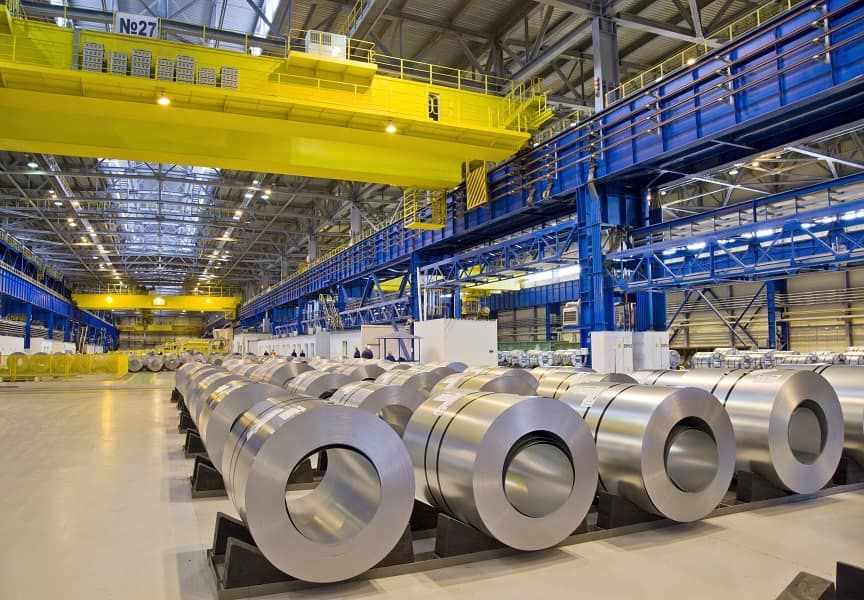
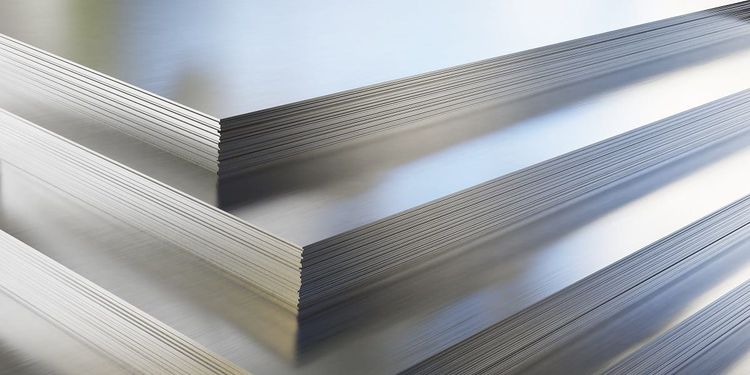
Steel differs in mechanical properties (hardness, malleability) and chemical composition (the amount of carbon and various other alloys). Broadly, they fall into four categories - carbon steel, tool steel, alloy steel, and stainless steel.
Carbon steel – with up to 2% carbon, it accounts for 90% of overall steel output. Low to high varieties of this steel find application in machining, welding, petrochemicals, shipbuilding, and construction.
Tool steel – is a carbon-and-steel alloy that is not just tough but also highly corrosion-resistant due to the high ratio of vanadium and niobium. Besides, the presence of cobalt and nickel help tool steels retain their shape and perform optimally even at high temperatures.
Alloy steel – has one or more alloying elements (aluminum, chromium, copper, lead, manganese, molybdenum, nickel, or silicon) added to enhance corrosion resistance.
Stainless steel – is an alloy steel usually containing 10.5%-30% chromium. With remarkably high corrosion and heat resistance, there is demand for stainless steel from industries as diverse as construction, the power sector, oil and gas, as well as cutlery and kitchenware.
There are over 3,000 different grades of steel for various applications, according to the World Steel Association whose members are responsible for nearly 85% of global steel output.
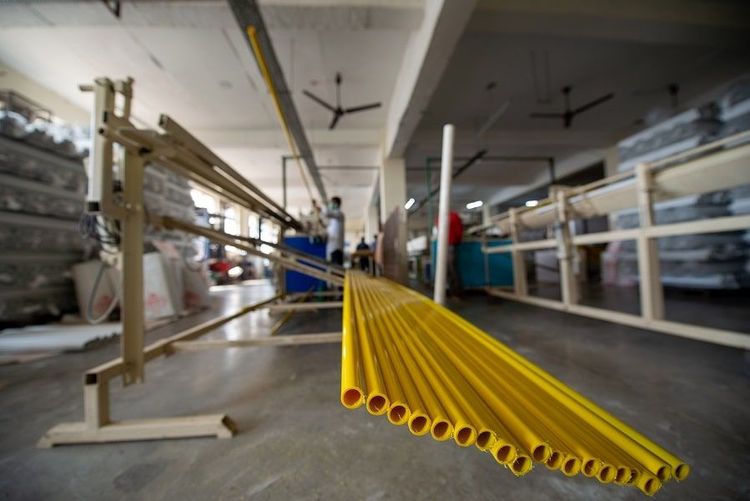
In a way, MSME buyers of steel are spoilt for choice. It might be difficult to make a buying decision, especially when it comes to online steel shopping. So, here are six things steel buyers, especially MSMEs, need to keep in mind when looking for the best steel online:
1. Different steel grades, different strokes
Different grades and types of steel often serve entirely different purposes. For construction in earthquake zones 3, 4, or 5 settle for nothing less than the best steel materials like 500D TMT bars built using ladle refining furnace (LRF) technology. LRF expels sulphur, phosphorus, and harmful gases, and this means better toughness and added strength.
Structures coming up in coastal areas commonly use austenitic, a highly corrosion-resistant grade of stainless steel. Foundations, columns, and slabs might require different types of steel. When in doubt, refer to the architectural drawing of the structure. If things are still confusing, get the architect to provide details.
2. Uniform size and roundness
Thermo-mechanically treated (TMT) iron rods are the default standards for large load-bearing structures and these guard against flaking and cracking. TMT steels such as Fe550D, Fe600, Fe640, CRS500D, CRS550D, CRS600 are noted for their high strength, ductility, corrosion-resistance, and durability.
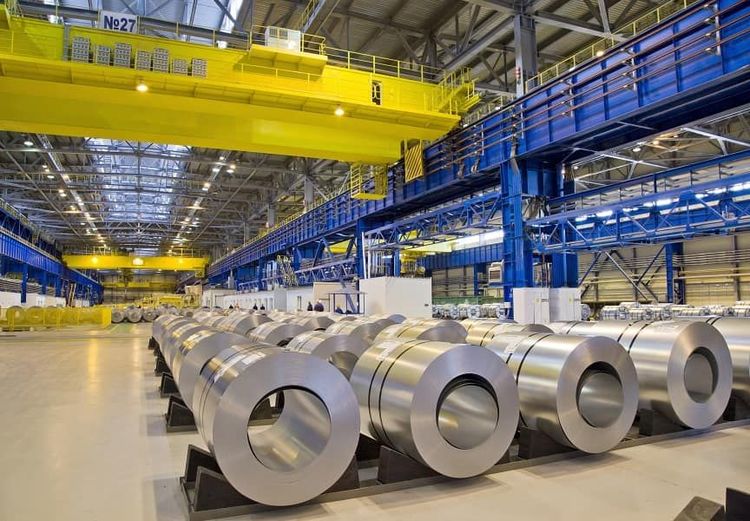
TMT bars derive their uniform weight, size and roundness from automated rolling technology in the steel mills. This extreme uniformity of the rods enables their weight to be spread evenly across a structure and prevent deformations, such as warping, bending, and twisting.
3. Ribbing pattern
The ribbing pattern (anchorage) that runs along the periphery of a TMT rod contributes significantly to structural integrity by bonding securely with the concrete, leaving no gaps, thus reducing the chances of cracks. Properties underpinned by such high-strength construction materials require repairs less often and help save maintenance costs.
4. Rigidity and extensibility
A TMT bar, such as Fe500D, has a soft ferrite pearlite core and a harsh martensite exterior. This incredible mix of rigidity and extensibility helps Fe 500D TMT steels adjust to the tensile forces acting on it in the event of, say, an earthquake!
5. Quality certifications
There is no compromise when it comes to qualifying a build environment. Choose high quality construction materials with BIS and ISO certifications as these are guarantors of quality, safety, and reliability. In case of reinforced steel bars (“rebars”) used to strengthen concrete structures, check for international standards such as IS 1786, IS 432 (MS), ASTM A706, BS 449, ASTM A615, and JIS G3112.
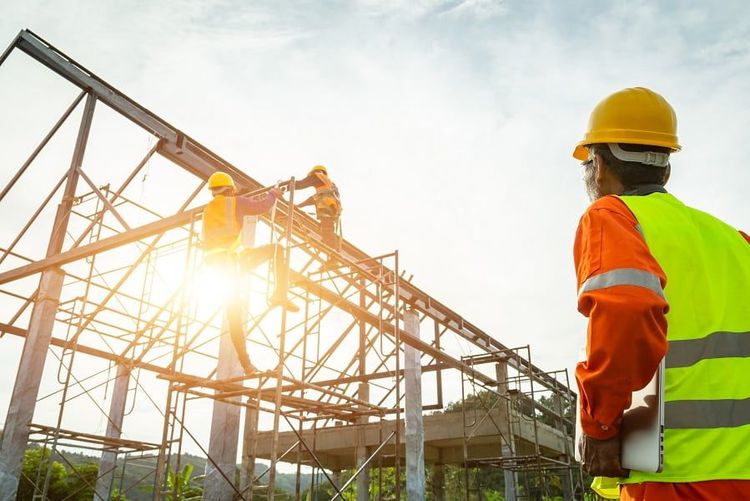
6. The make
No matter the channel – online or in-store, buy steel from trusted steel manufacturers with state-of-the-art manufacturing processes (specially designed water-cooling chambers for sudden and intense cooling of red-hot TMT rods) and advanced quality assurance labs. Doing business with a trusted steel solutions provider saves a lot of worry, puts the mind at ease, and ensures the best steel prices.
Visit JSW One MSME, a one-stop marketplace dedicated to fulfill the steel buying needs of MSMEs. Benefit from the seamless digital highway connecting steel manufacturers in India and abroad with steel dealers and MSMEs. The best part is that you can buy quantity as little as 2 tons it lets MSMEs buy as little as 2 tons, online through expert guidance in every step of the way.
Buy online
Mild SteelStructural SteelTMTCementJSW One MSME
About usBlogsSitemapJSW One TMTPolicy
Terms & conditionsPrivacy policyReturn policyBanking partner



 +91 7208055523
+91 7208055523
 Help & support
Help & support